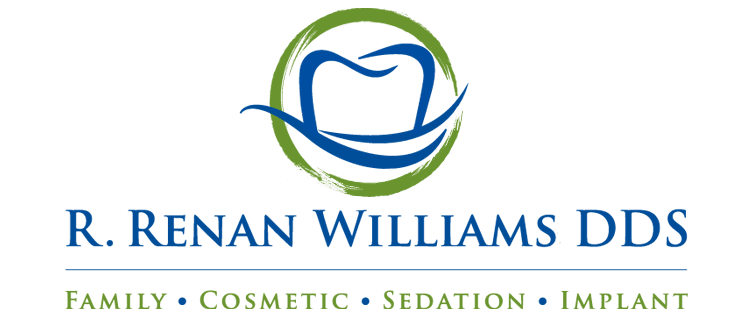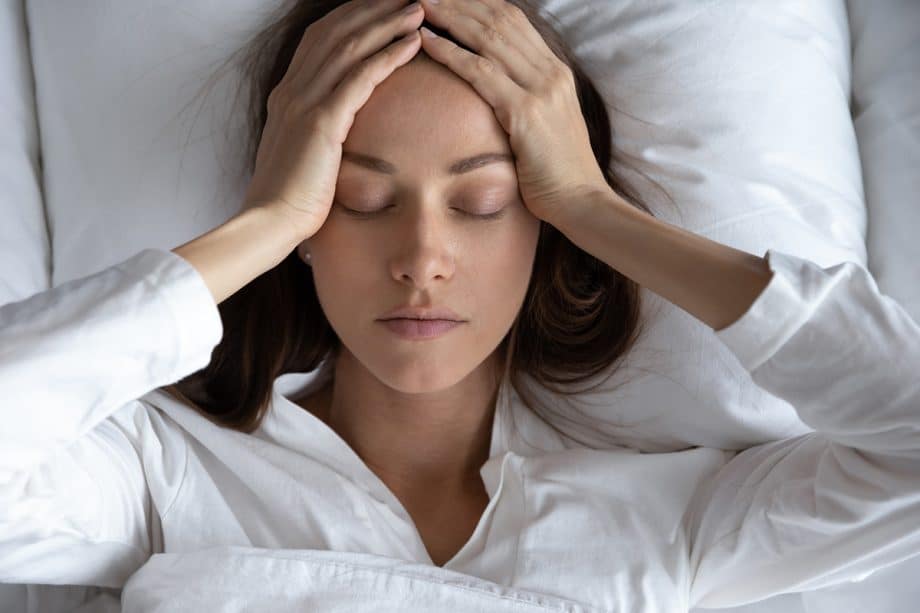Sleep apnea is one of the most common sleep disorders. Nearly 40 million Americans suffer from OSA (Obstructive Sleep Apnea) and 2-4% of people have it but are unaware. Sleep apnea can be a debilitating condition that can cause a wide variety of health problems. But the good news is that it is relatively easy to treat.
What is sleep apnea? How can I tell if I have sleep apnea? Learn the answers to these questions and more.
What is Sleep Apnea?
Sleep apnea is a condition that affects your breathing when you sleep. The official name is obstructive sleep apnea because the airway becomes obstructed, or blocked, by your tongue and the soft tissues of your mouth and throat. When you lay down to sleep, especially on your back, the soft tissues of your mouth slide back toward your throat and your throat tissues collapse until you stop breathing. As your brain registers the fact that you have stopped breathing, you rouse from sleep enough to change positions and resume breathing. This can happen as much as 30 times in a single hour with severe sleep apnea.
These frequent interruptions to your natural sleep cycles prevents you from getting adequate rest. Lack of quality sleep eventually leads to a variety of health problems from physical to mental health.
Signs and Symptoms of Sleep Apnea
You may have sleep apnea if you experience any of the following signs and symptoms:
- Loud snoring.
- Headaches, especially in the morning.
- Teeth grinding.
- Waking up gasping for air.
- Lack of energy throughout the day.
- Feeling tired upon waking up or having difficulty getting out of bed.
- Dozing off easily during the day.
- Falling asleep at the wheel.
Diagnosing Sleep Apnea
If you think you may have sleep apnea, you may be unsure of what medical professional to talk to. Start by contacting your dentist. An evaluation of your teeth and mouth as well as a consultation to discuss your symptoms can lead to a sleep apnea diagnosis. You don’t always need to see a sleep specialist to get treatment for sleep apnea.
Treatment for Sleep Apnea
Sleep apnea can be treated through a few different methods:
- Oral appliance. An oral appliance, otherwise known as a snore guard, can help keep your airway open at night by holding your lower jaw in a forward position that prevents your tongue and the soft tissues of your mouth from sliding back toward your throat.
- CPAP machine. A CPAP machine consists of a mask you wear over your mouth and nose that delivers a constant flow of air to keep your airway open while you sleep.
- Orthodontic treatment. In some cases orthodontic treatment to properly align the teeth and bite can help to treat sleep apnea.
- Surgery. Surgical options such as jaw and throat surgery can provide a long term solution to sleep apnea.
Frequently Asked Questions About Sleep Apnea
What health conditions are related to sleep apnea?
Sleep apnea that goes untreated can increase your risk of heart disease, high blood pressure, diabetes, and stroke. It also prevents you from feeling rested and energized, which is important for physical and mental health.
Is an oral appliance as effective as a CPAP machine?
For many patients an oral appliance is an effective treatment for sleep apnea. However, in severe cases a CPAP machine may be a more effective treatment option, depending on the type of sleep apnea you have. Many patients prefer an oral appliance because it is compact and silent.
Schedule a Sleep Apnea Consultation Today
If you have any of the common signs of sleep apnea, contact R. Renan Williams DDS today to schedule a consultation. We can determine whether or not you are suffering from sleep apnea and provide treatment if necessary. Our oral appliances are custom made for comfort and are compact for easy travel.
Call 817-281-4801 or contact us today to learn more and schedule an appointment.

